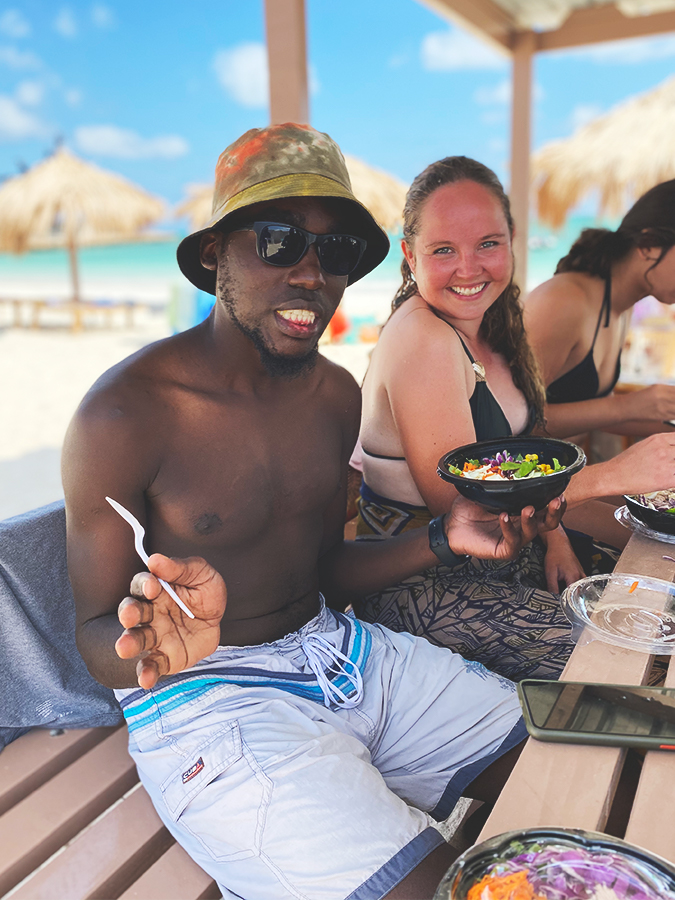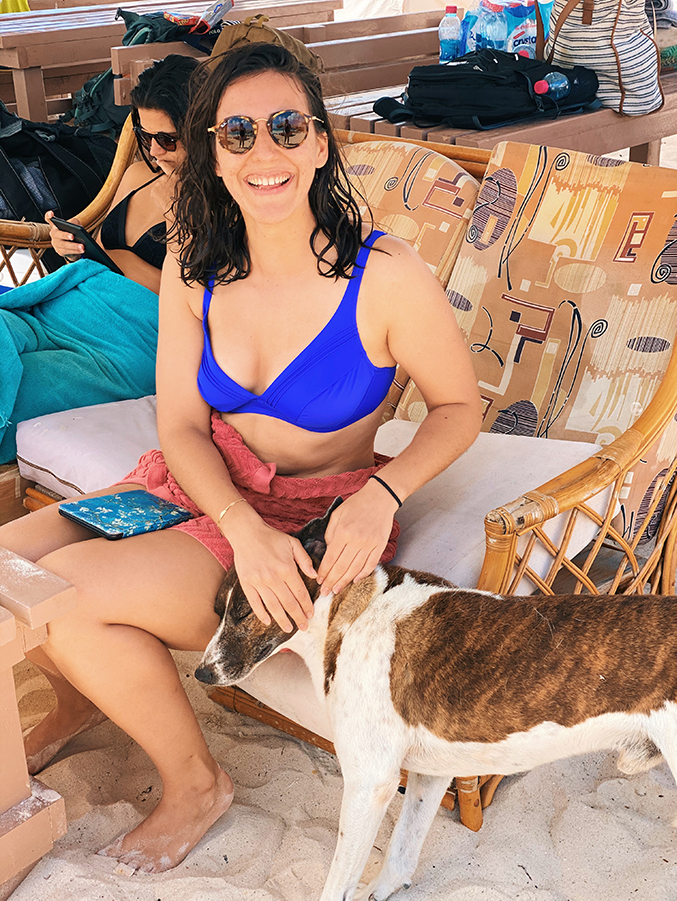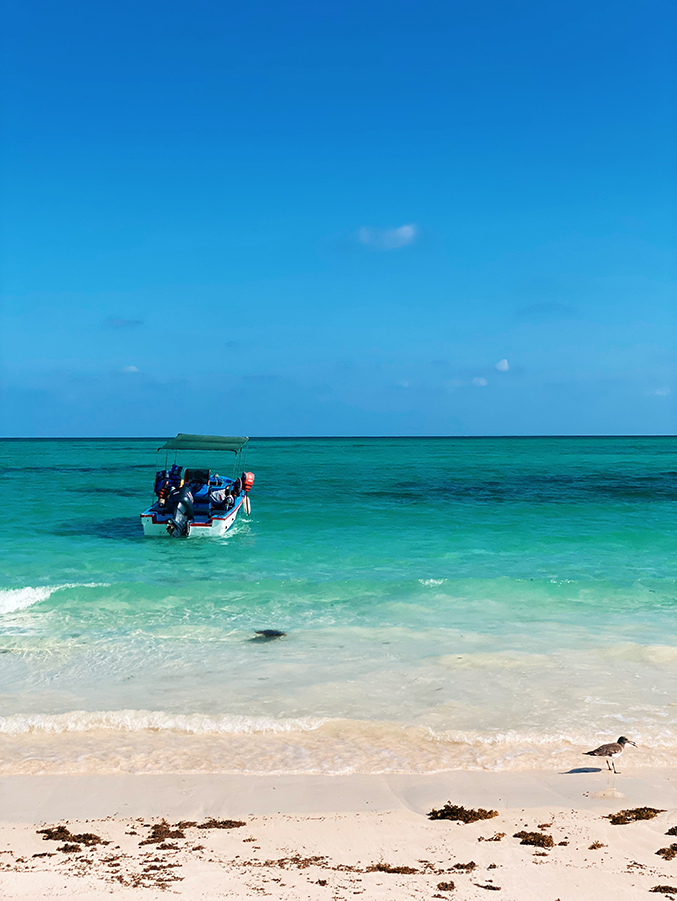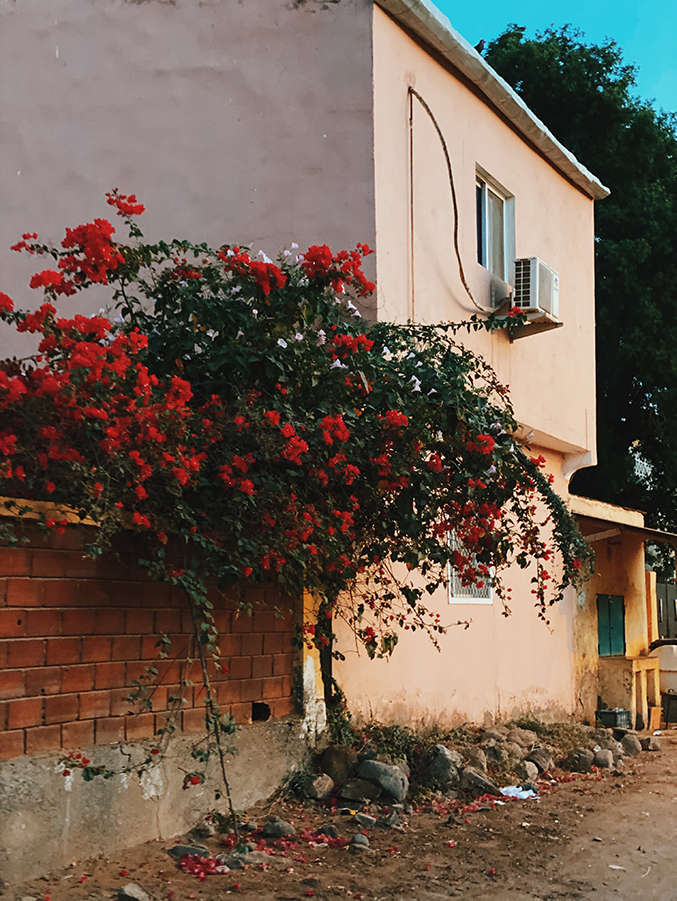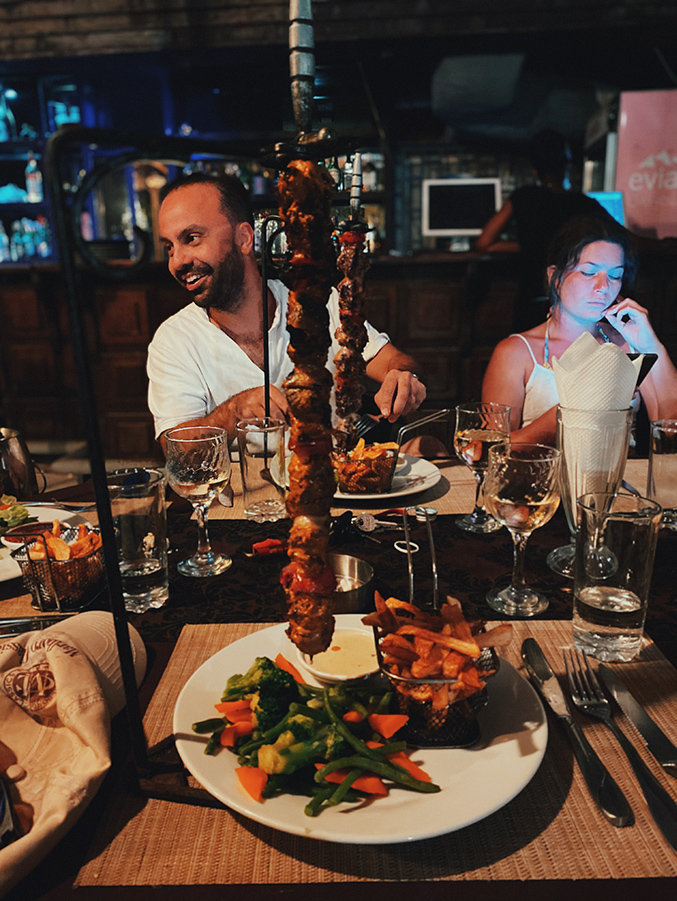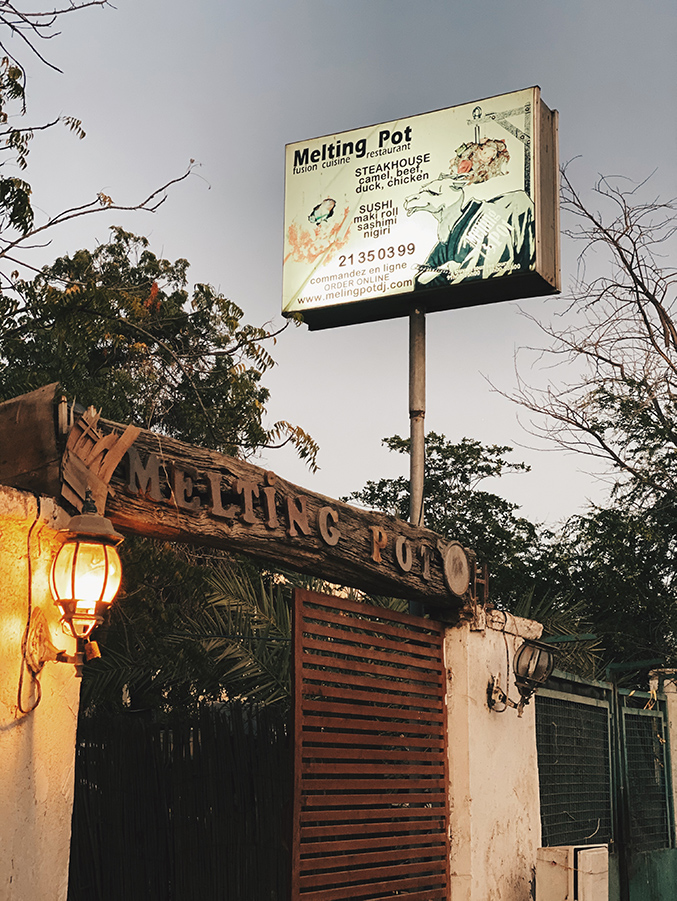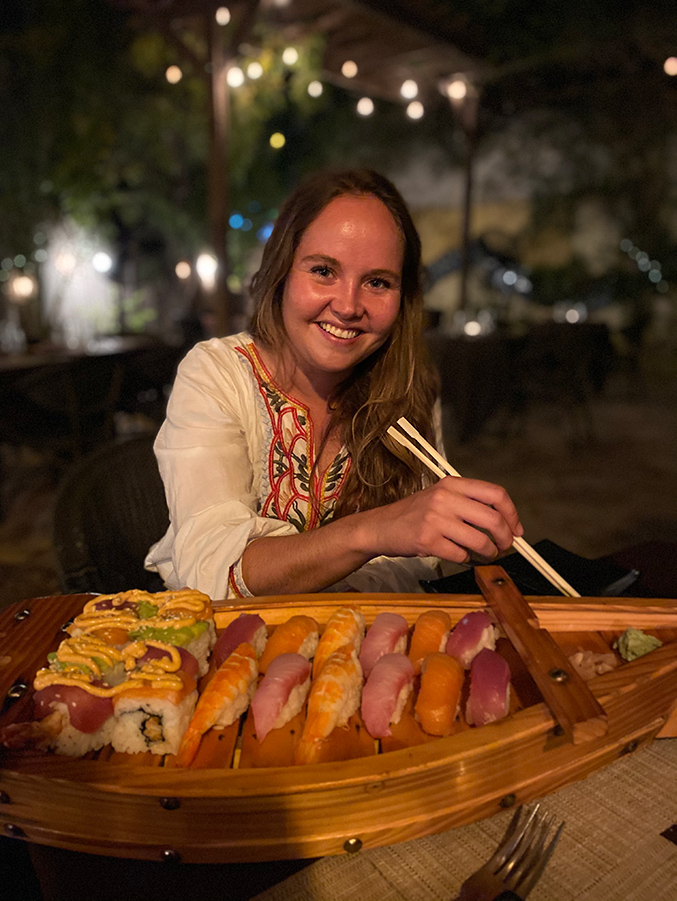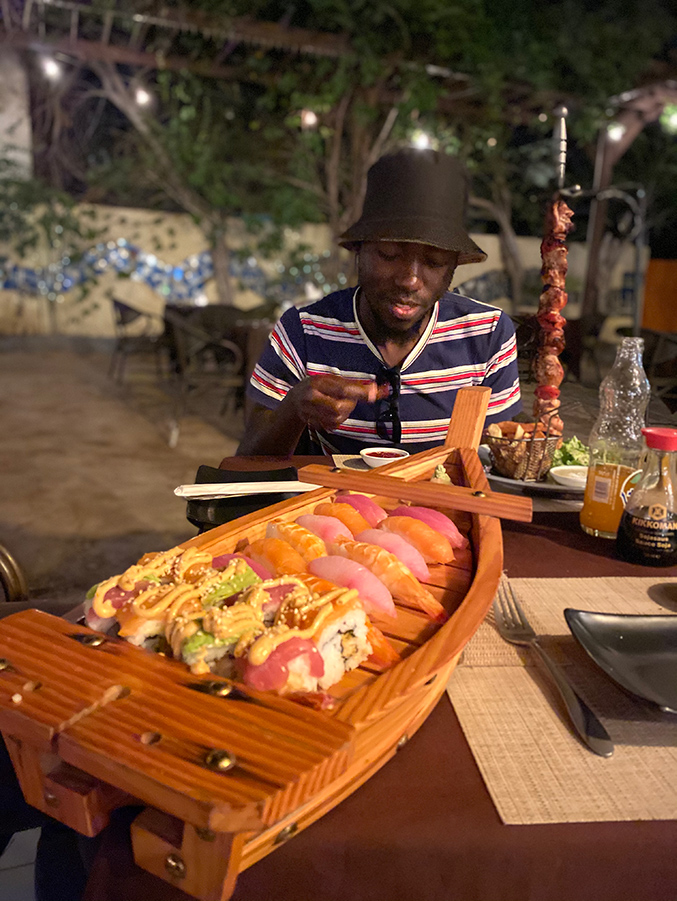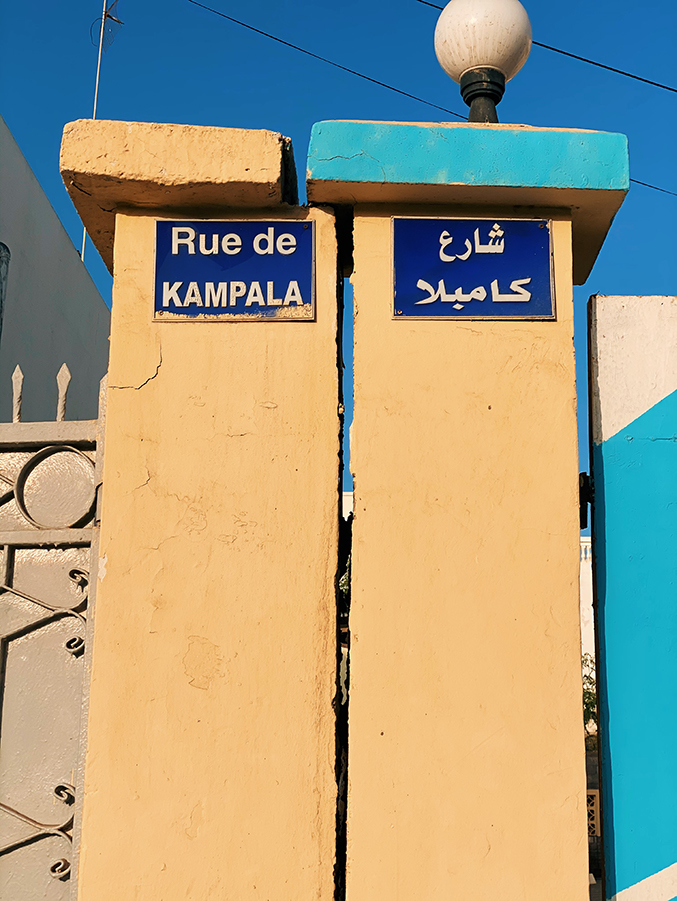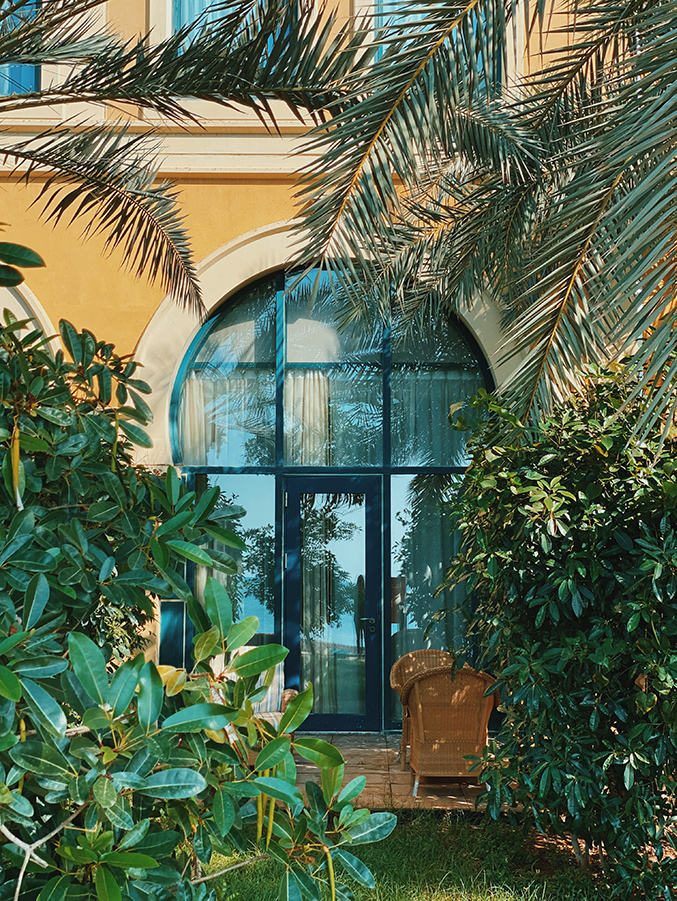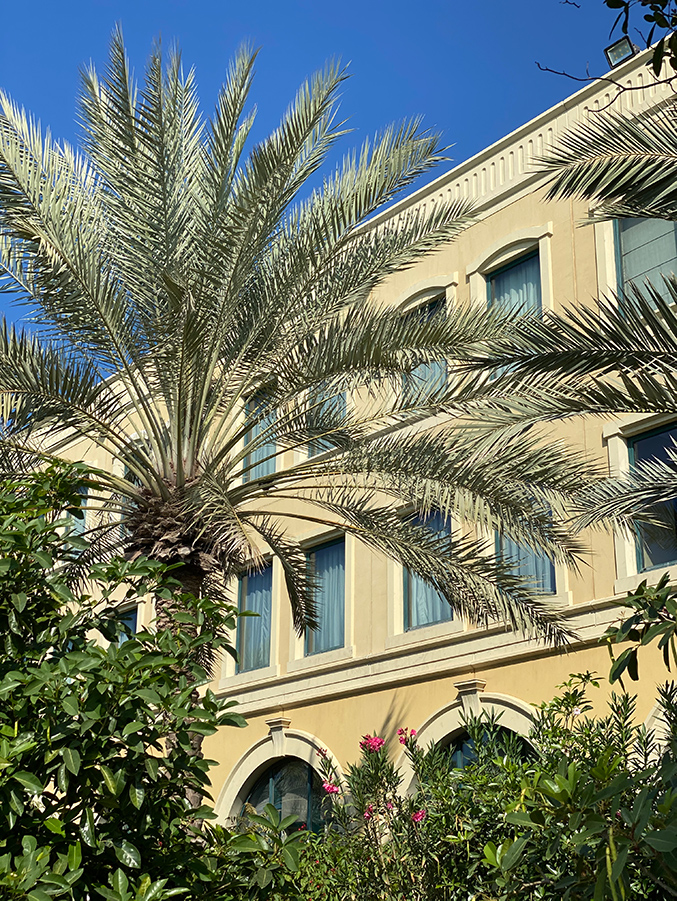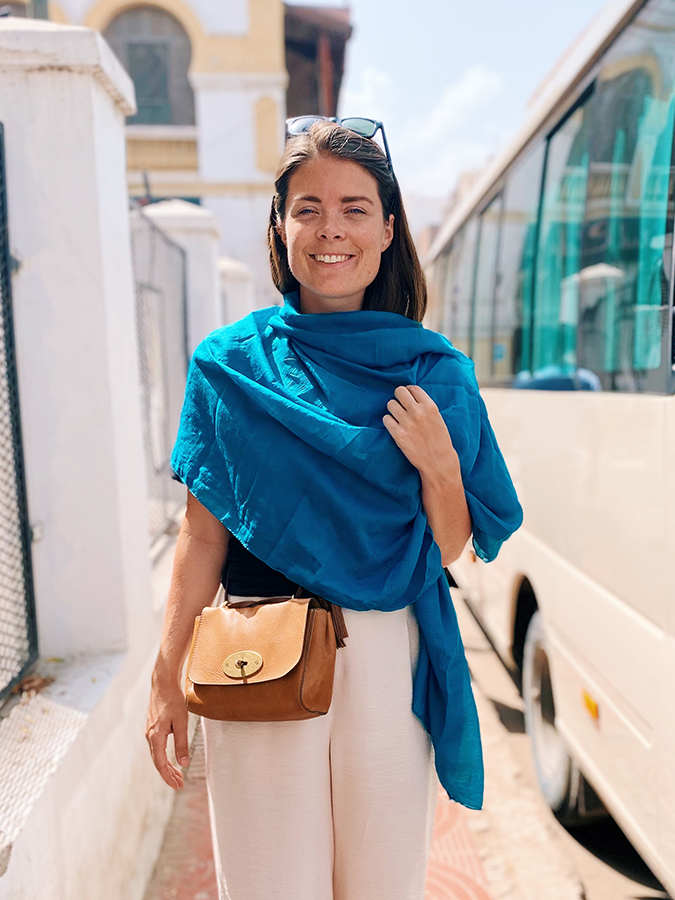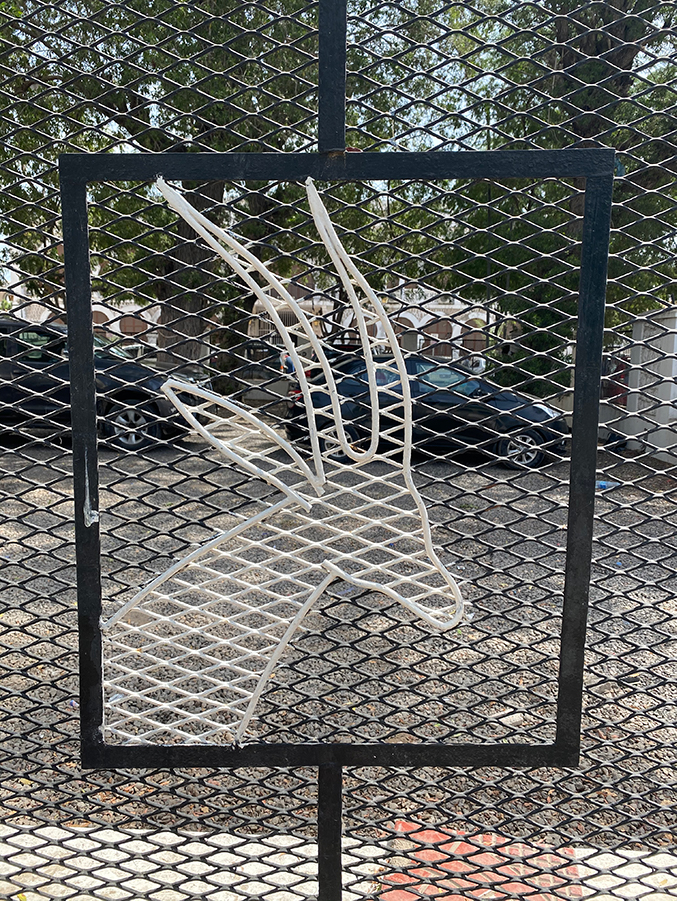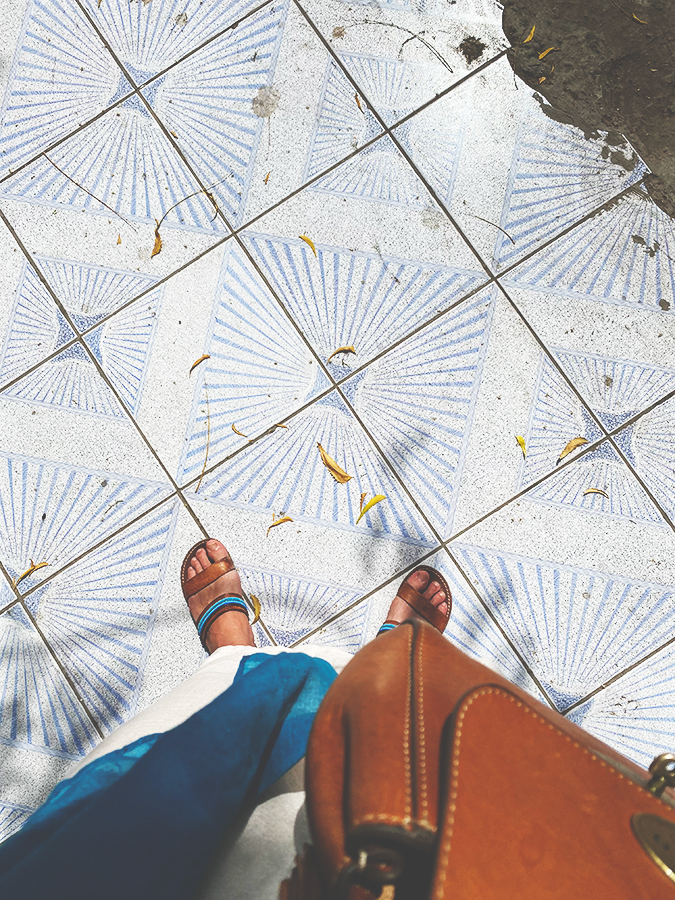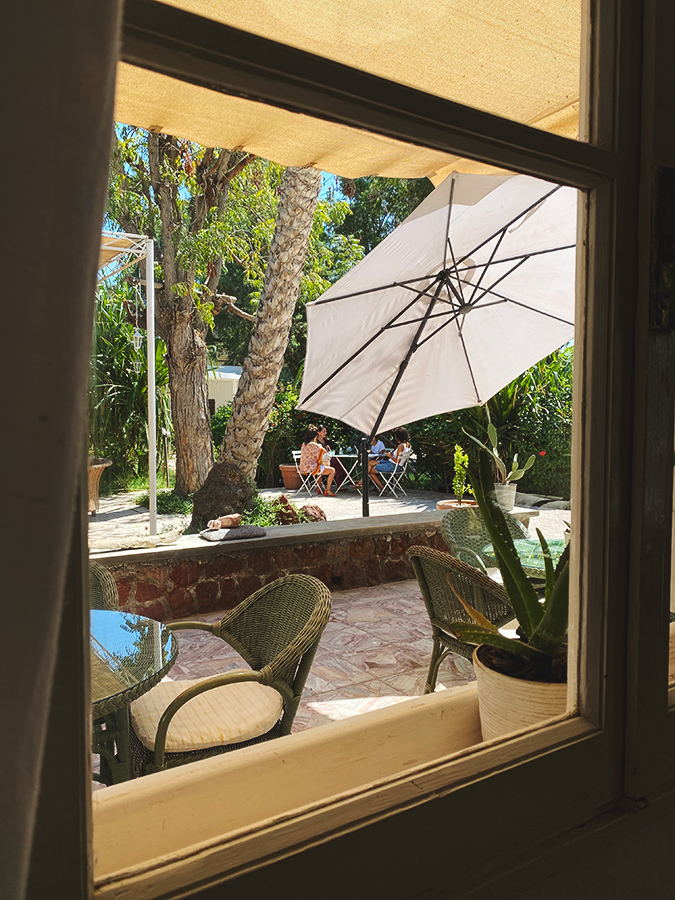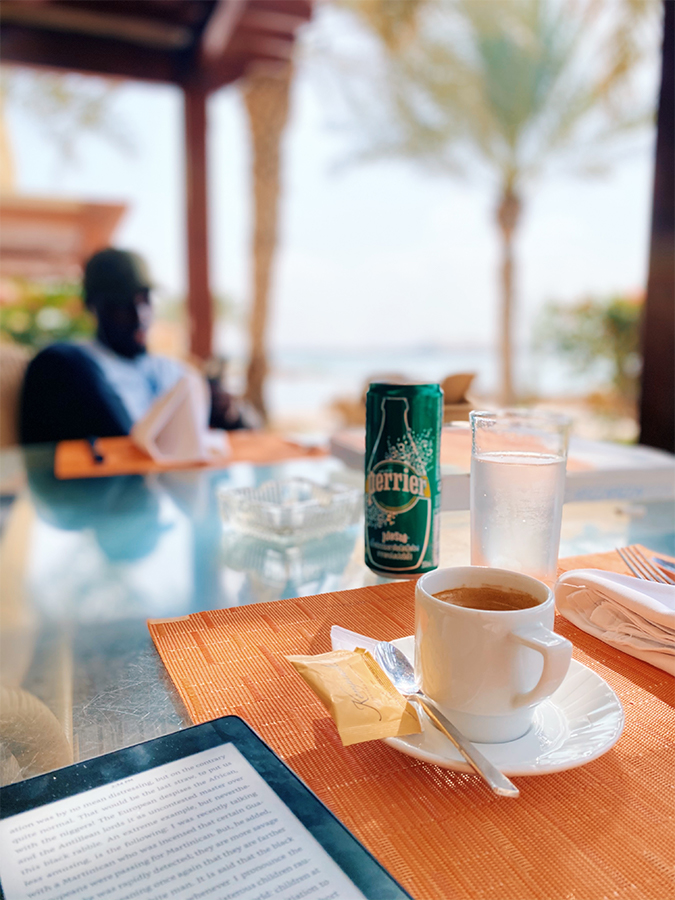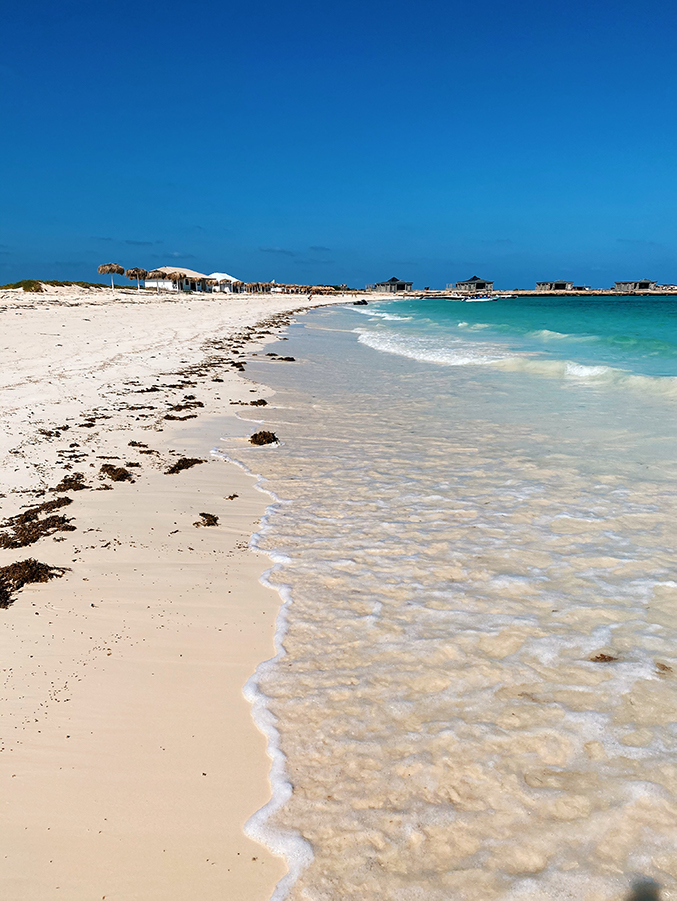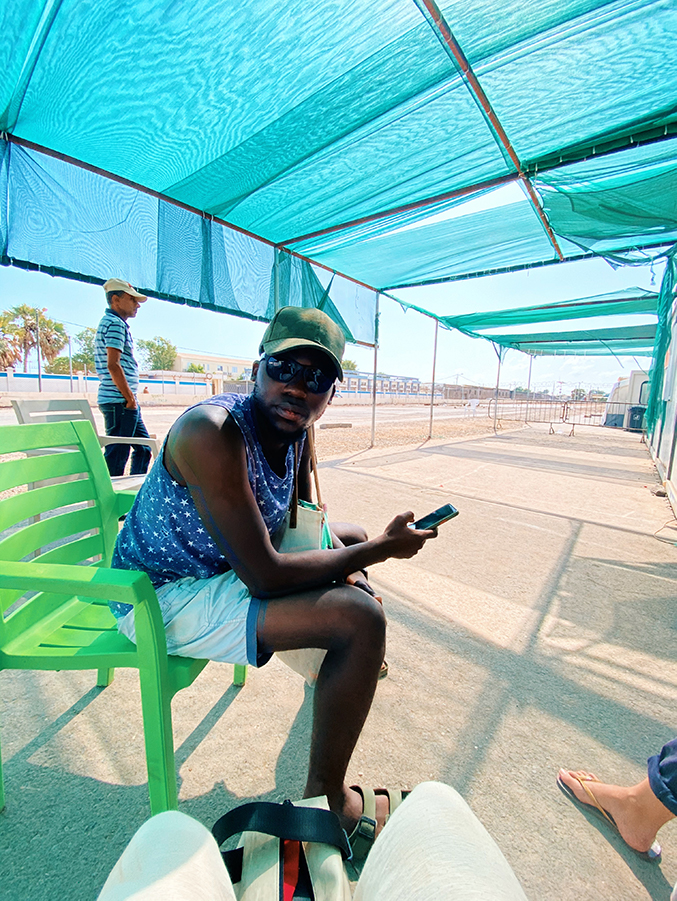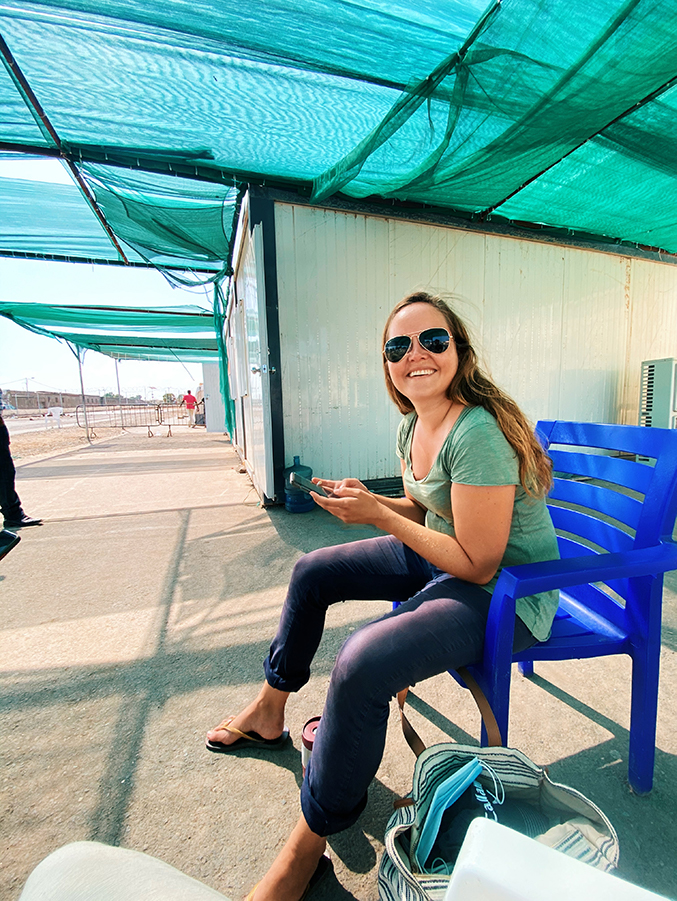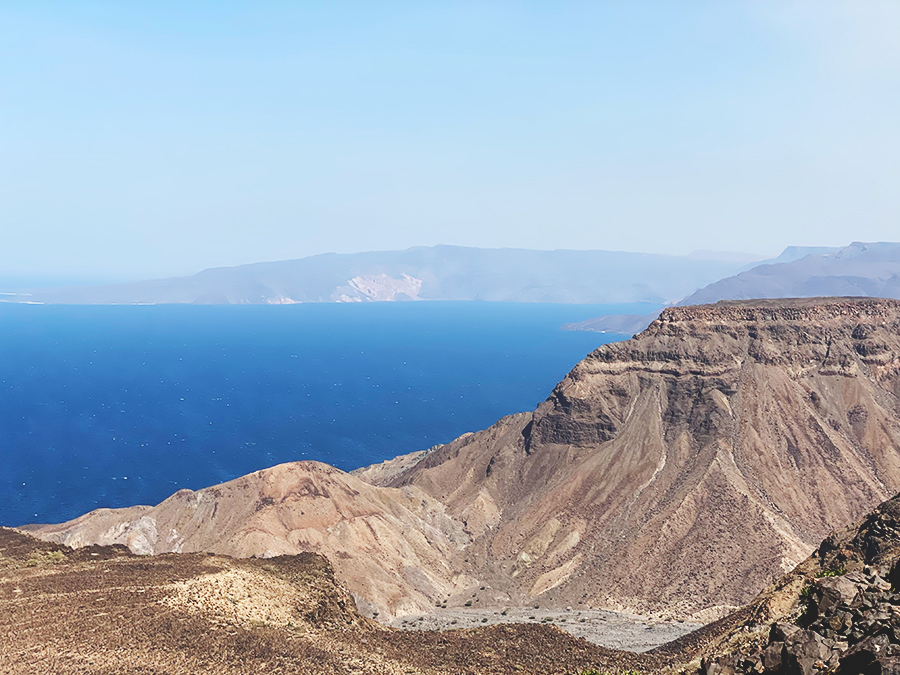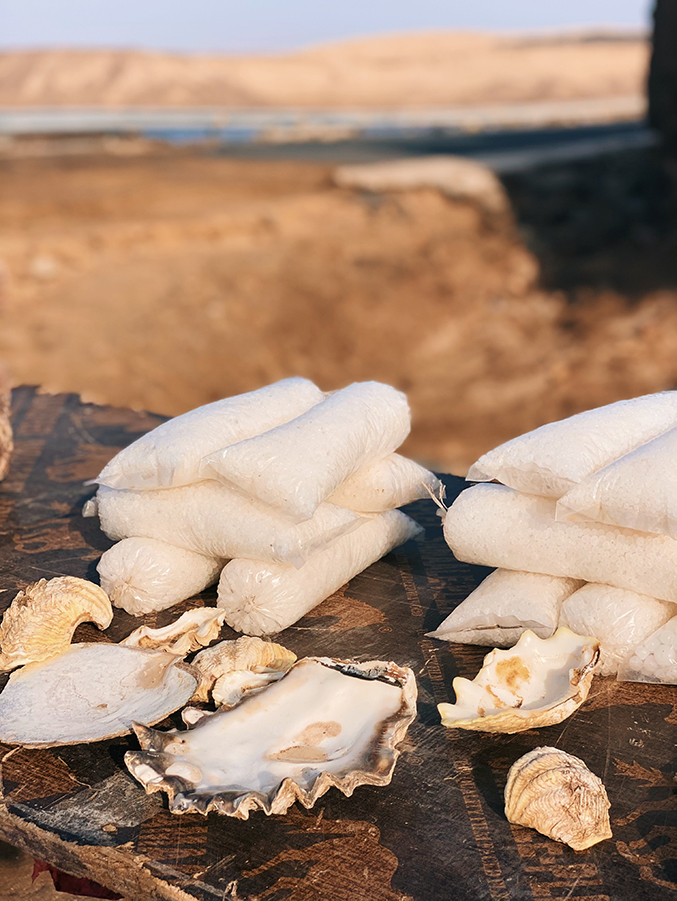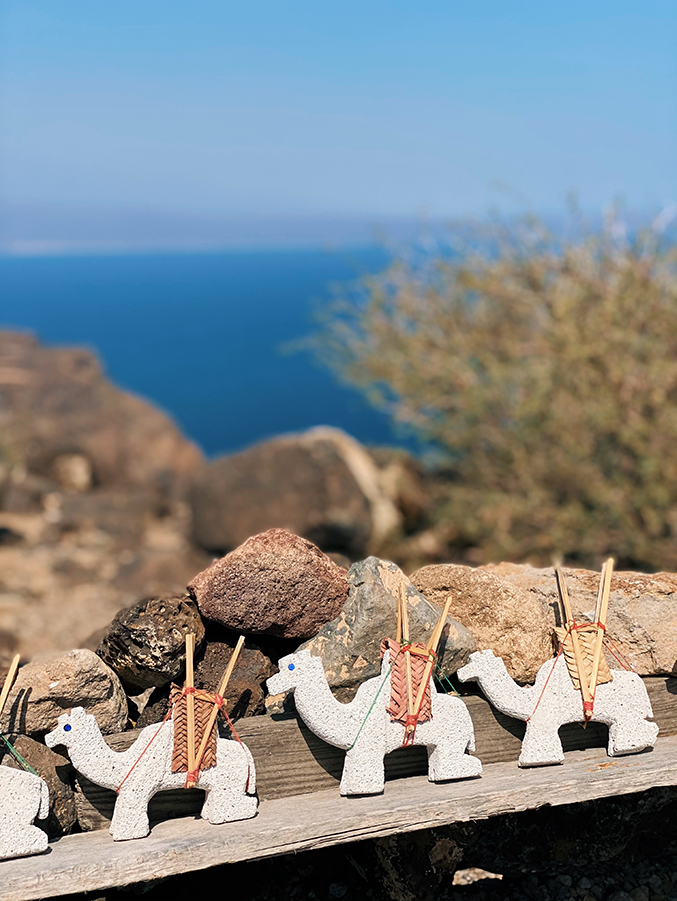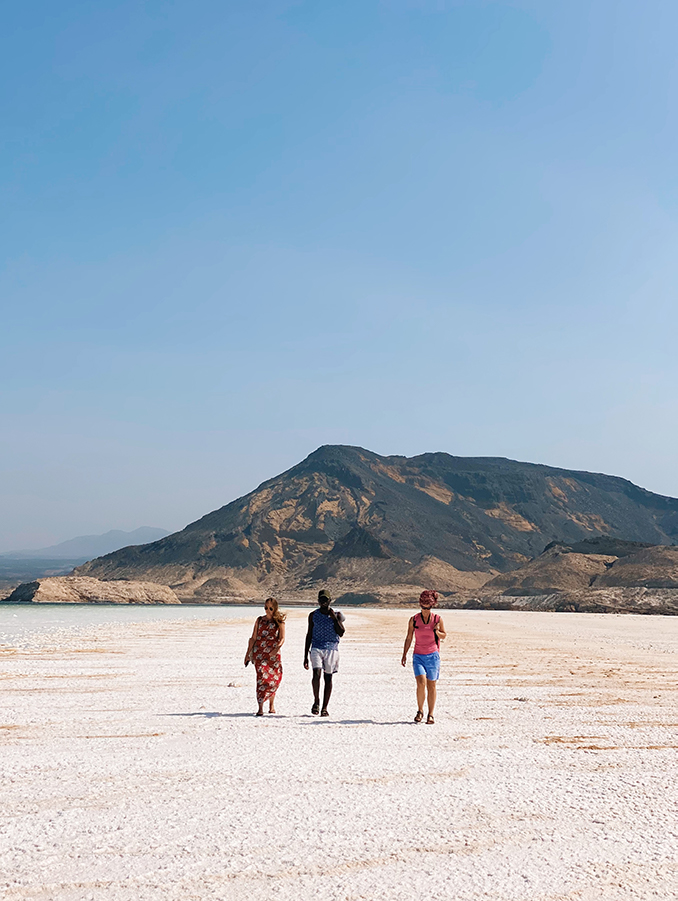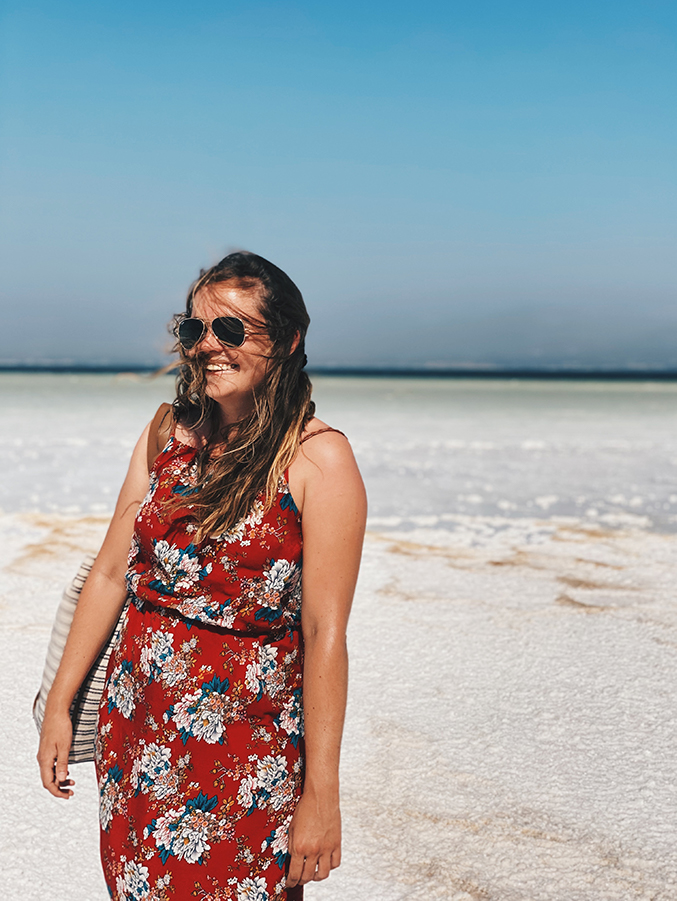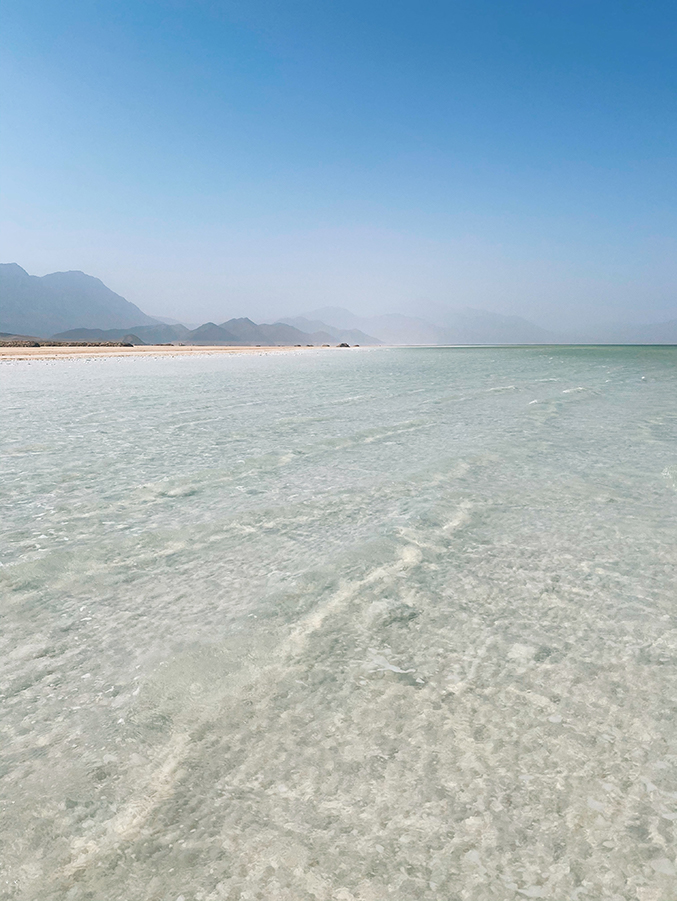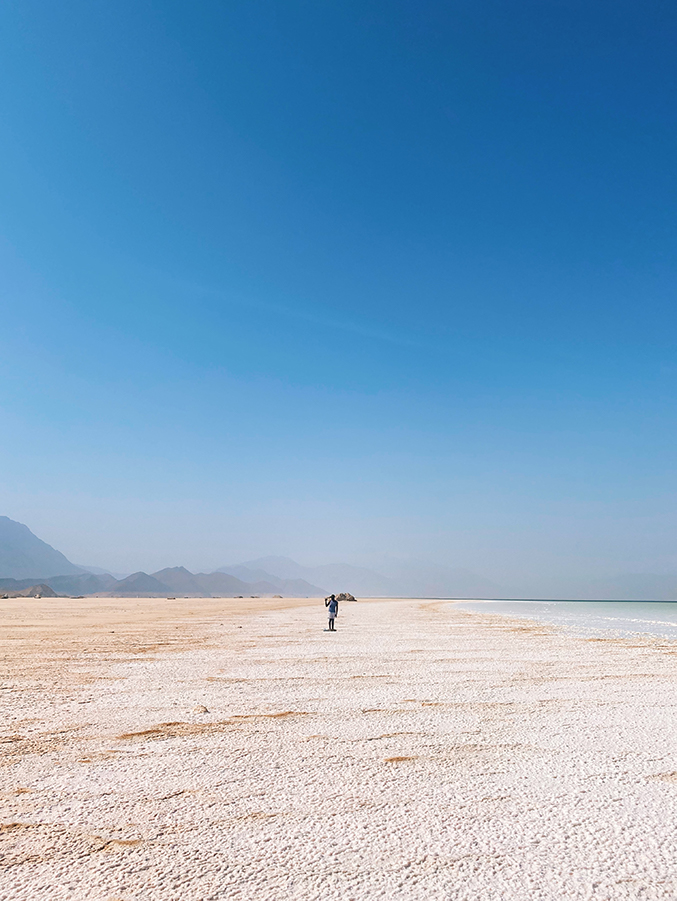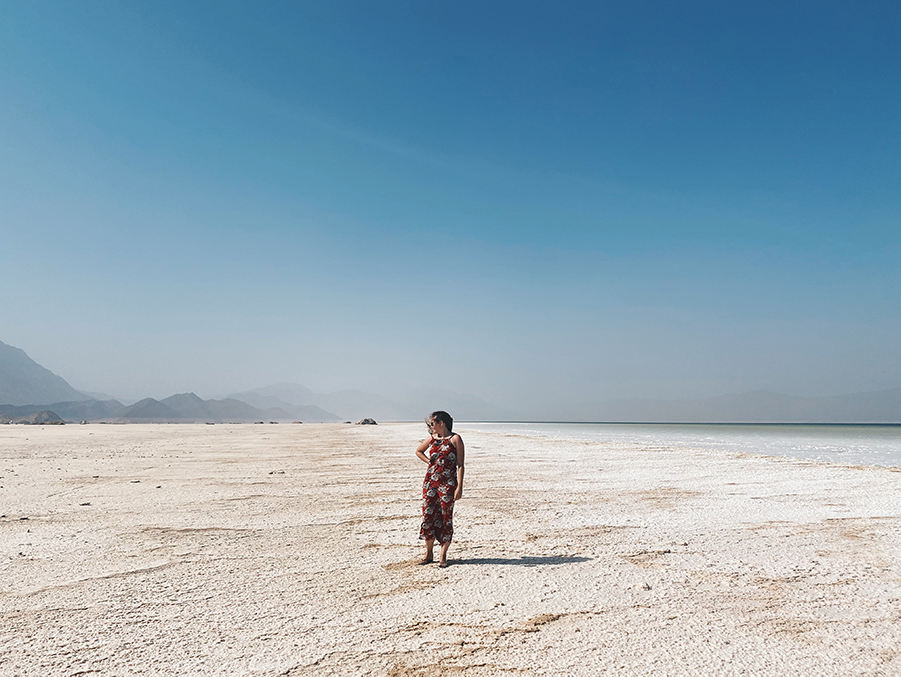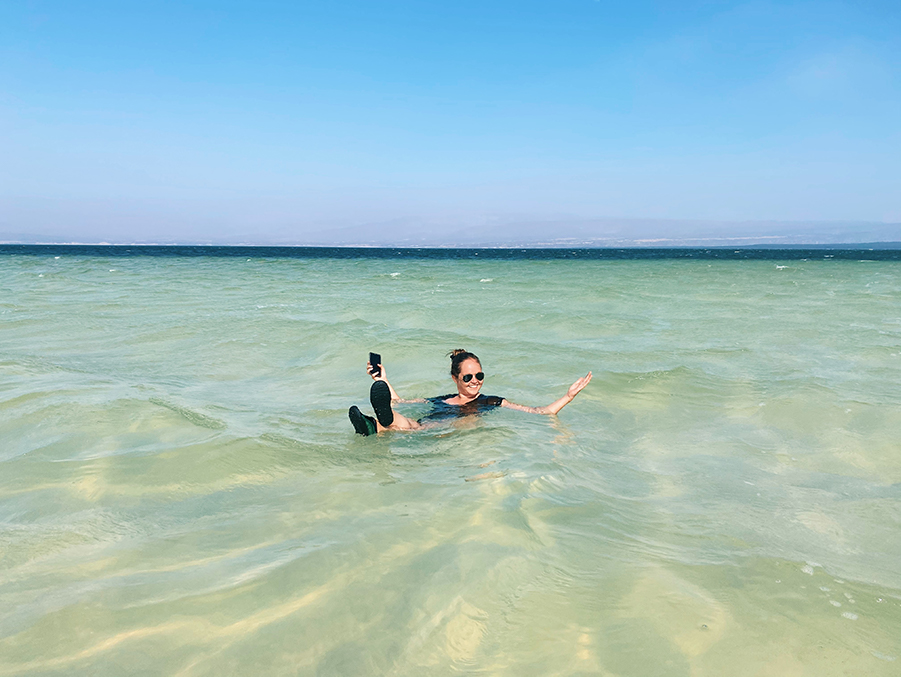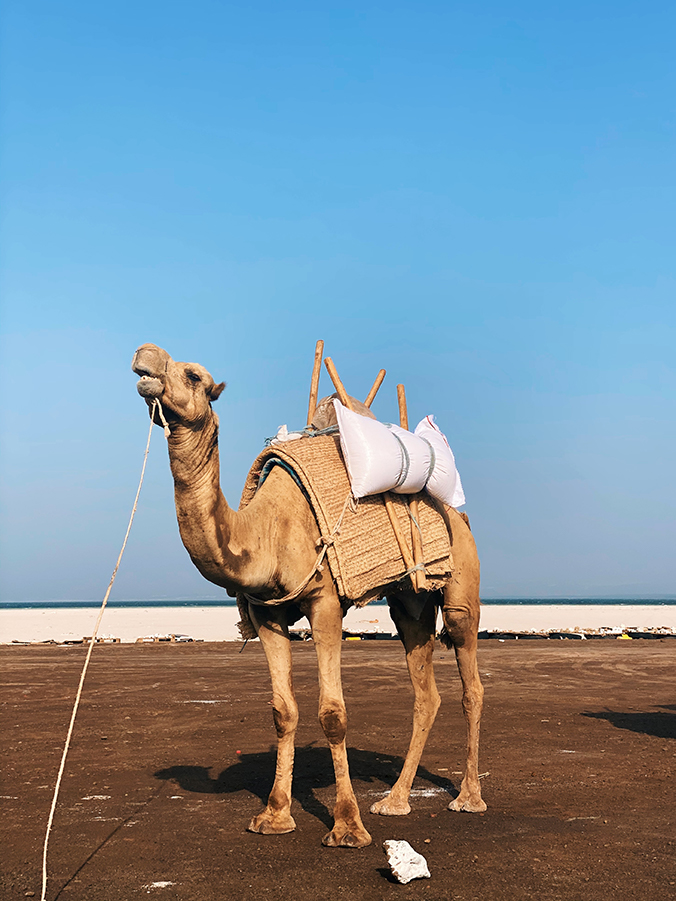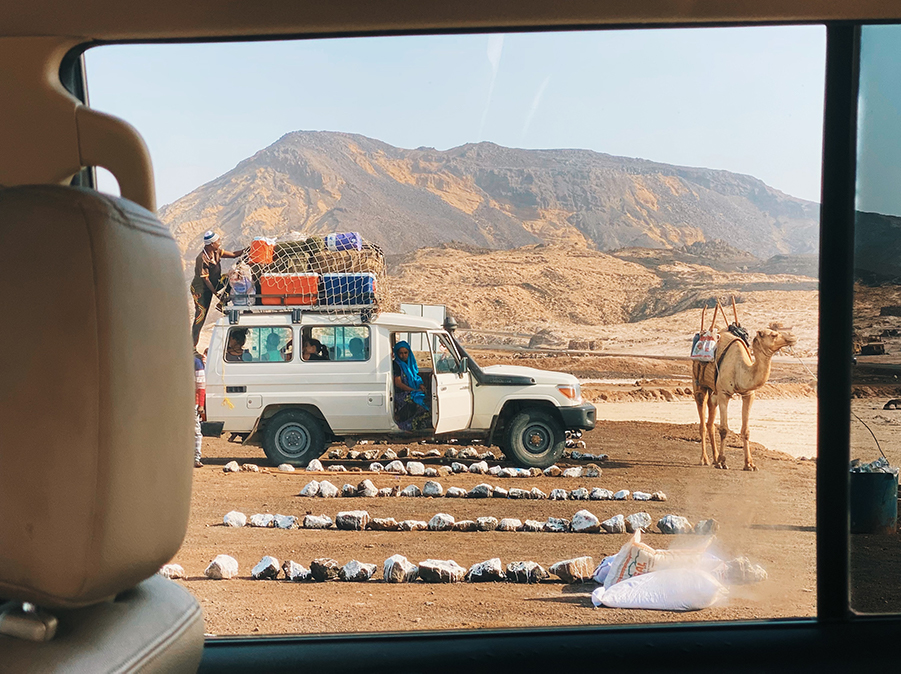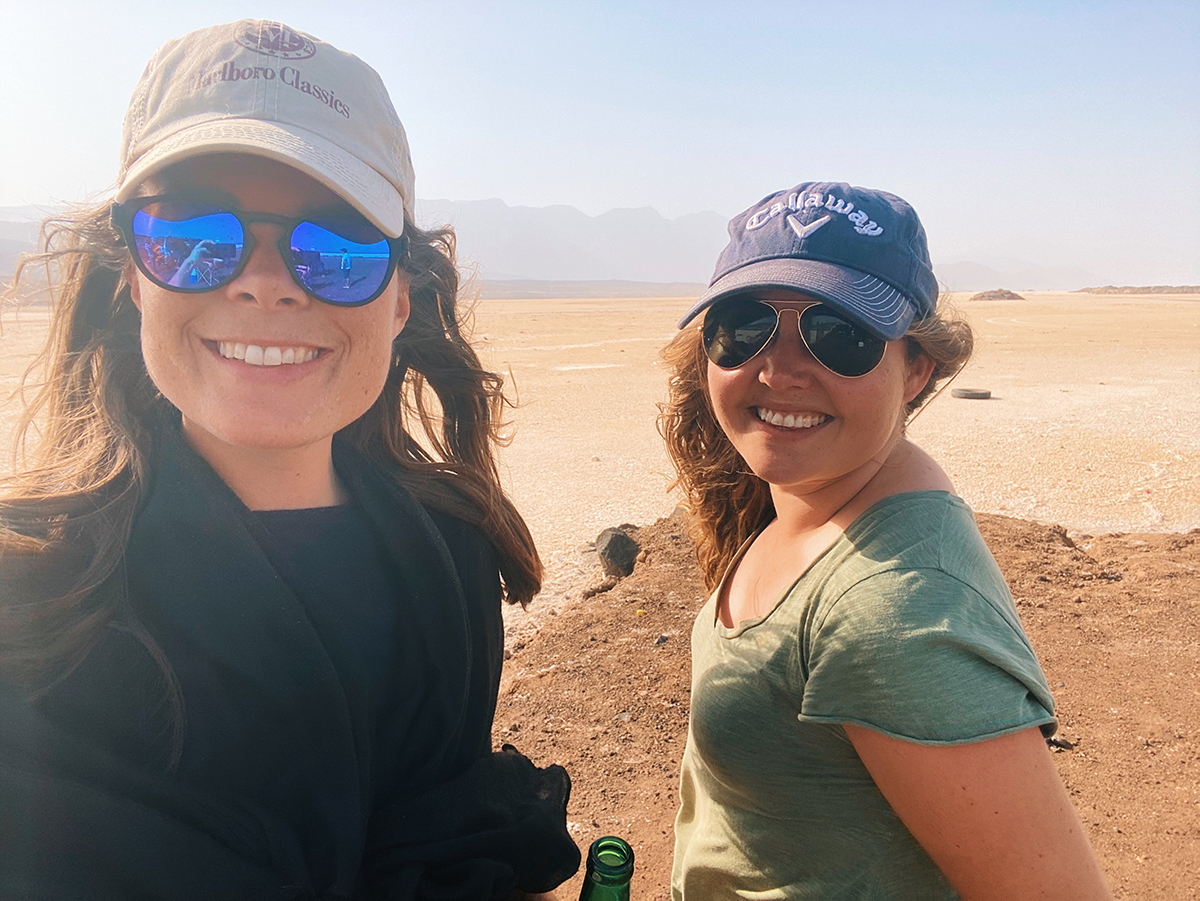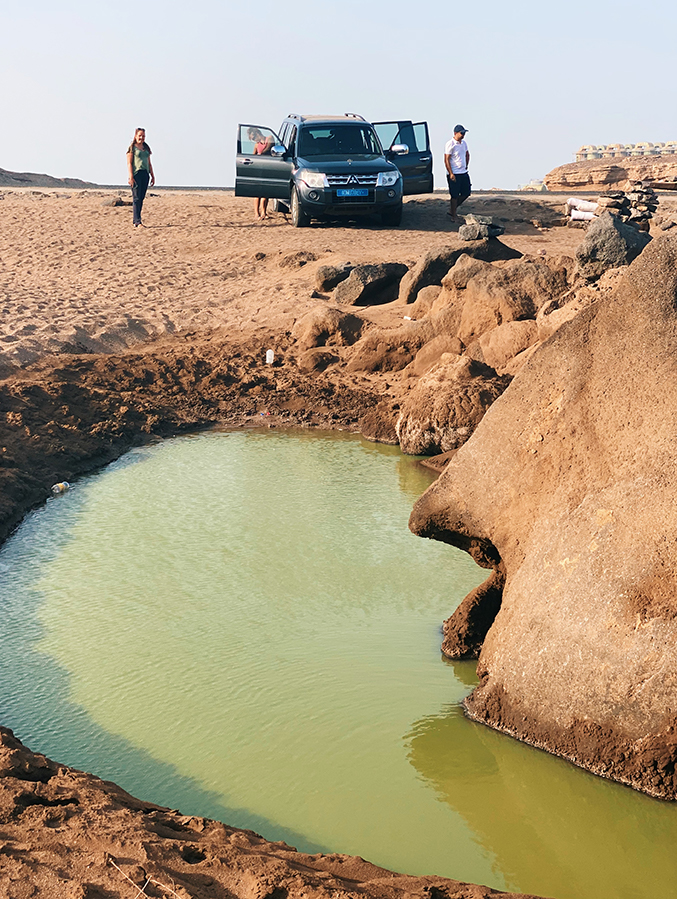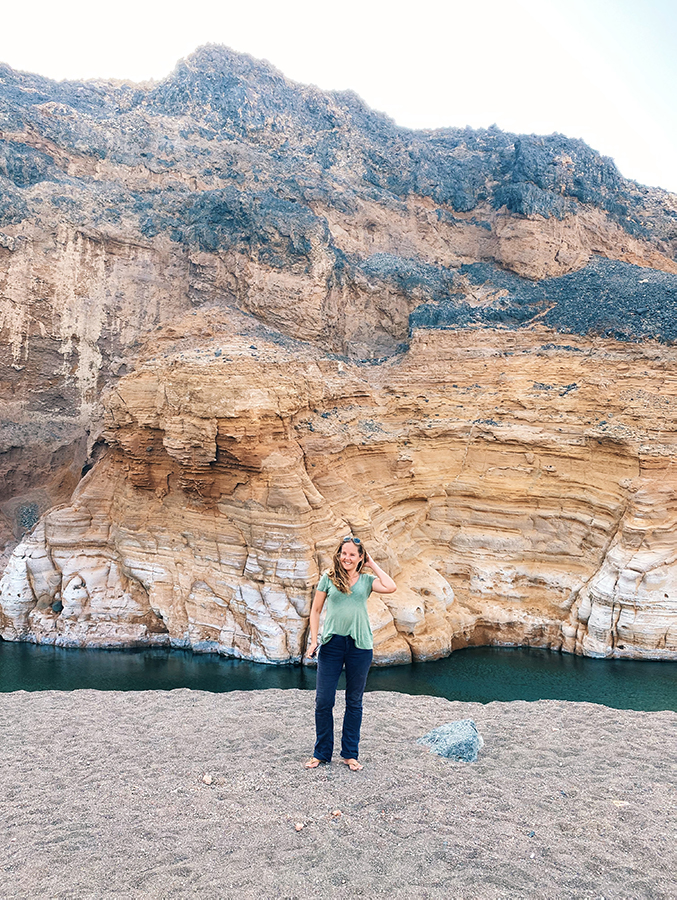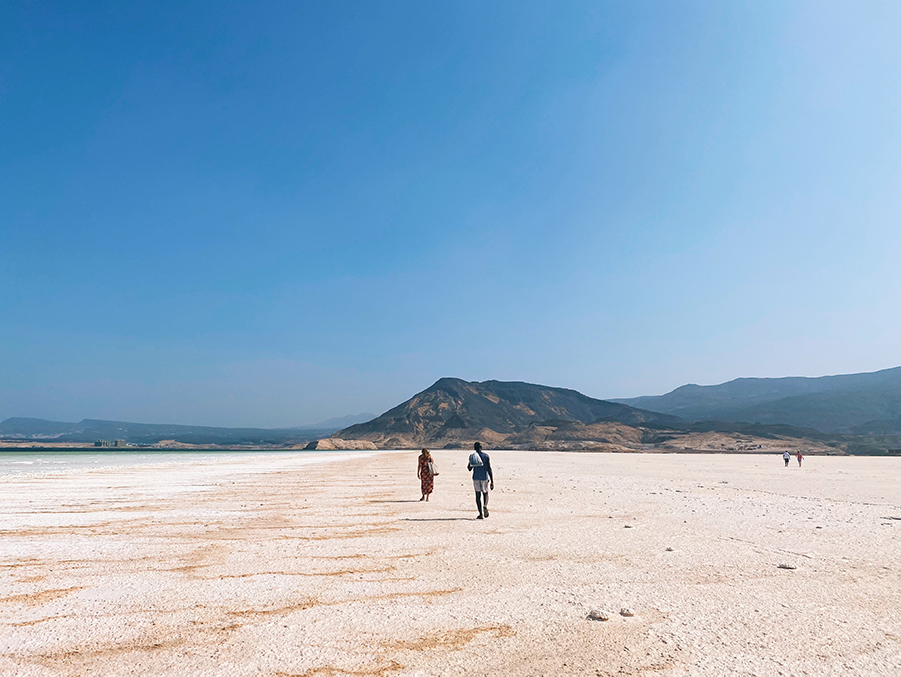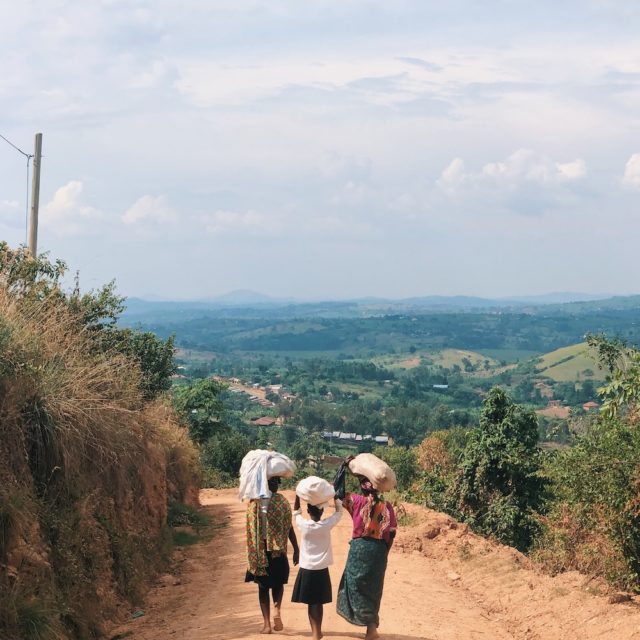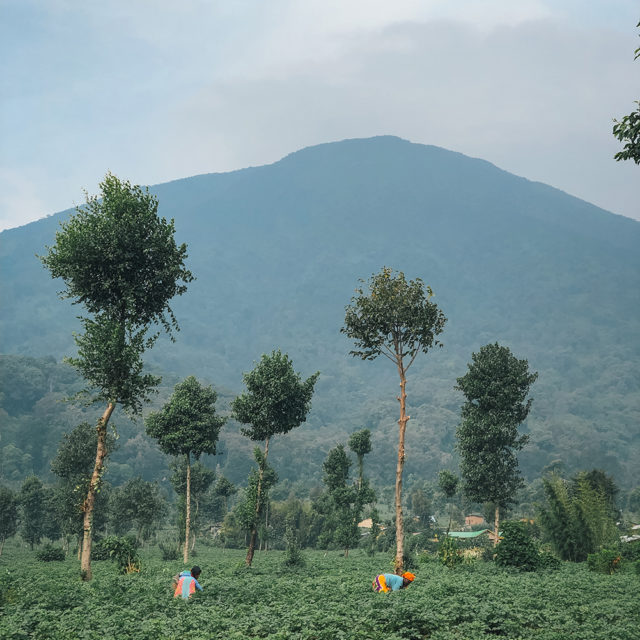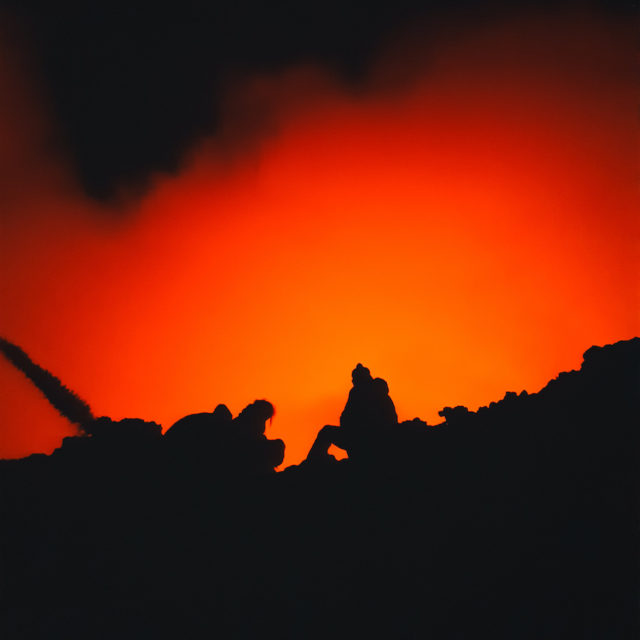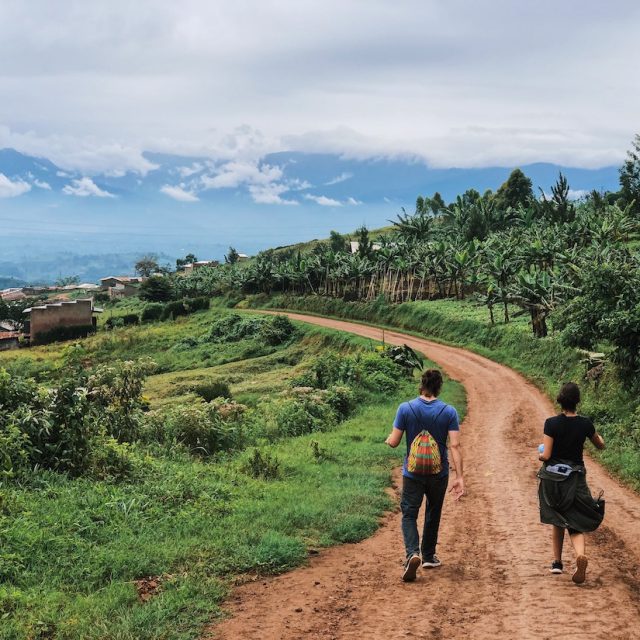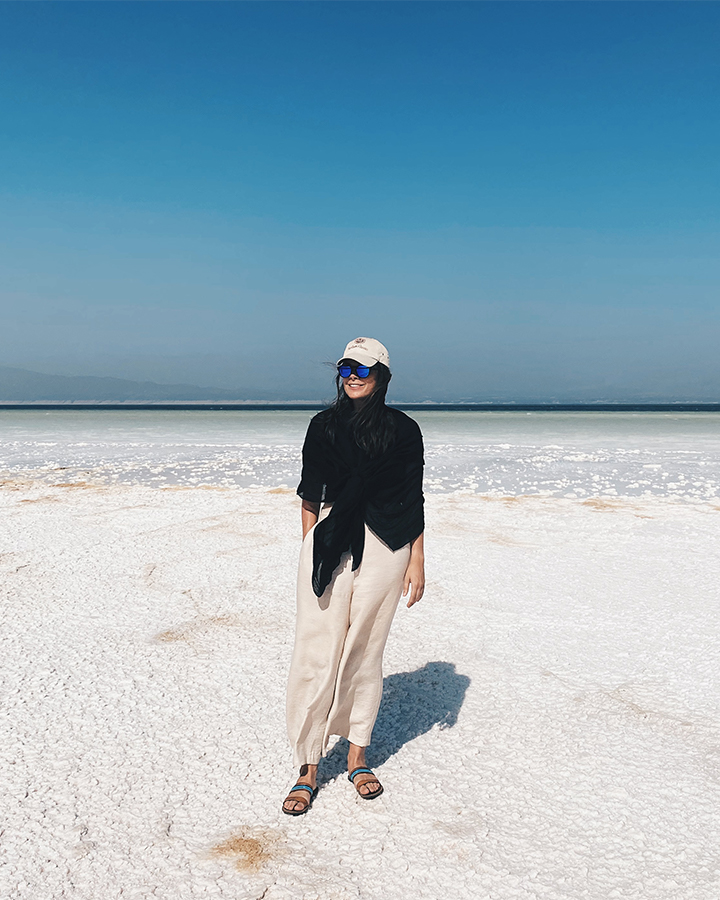
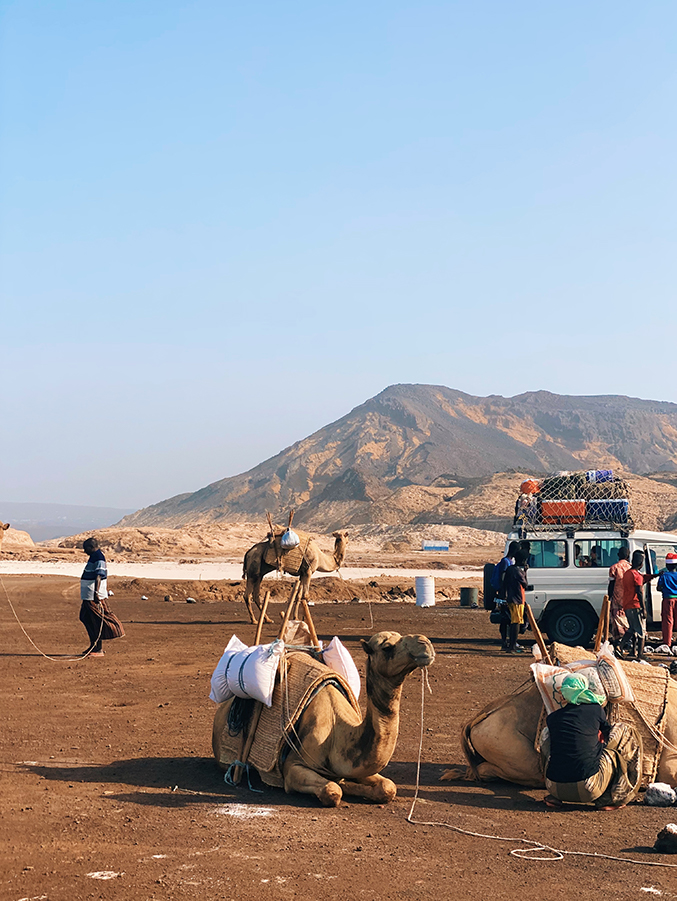
White beaches, dusty streets, salt lakes, wild camels and foreign military everywhere. Djibouti was everything and nothing like I expected it to be.
We started 2021 by hitting the road to drive from Uganda, via Kenya and Ethiopia, to Djibouti. We’ll leave that disastrous story for later. For now, all you need to know is that after a series of unfortunate events, we did, in fact, reach Djibouti.
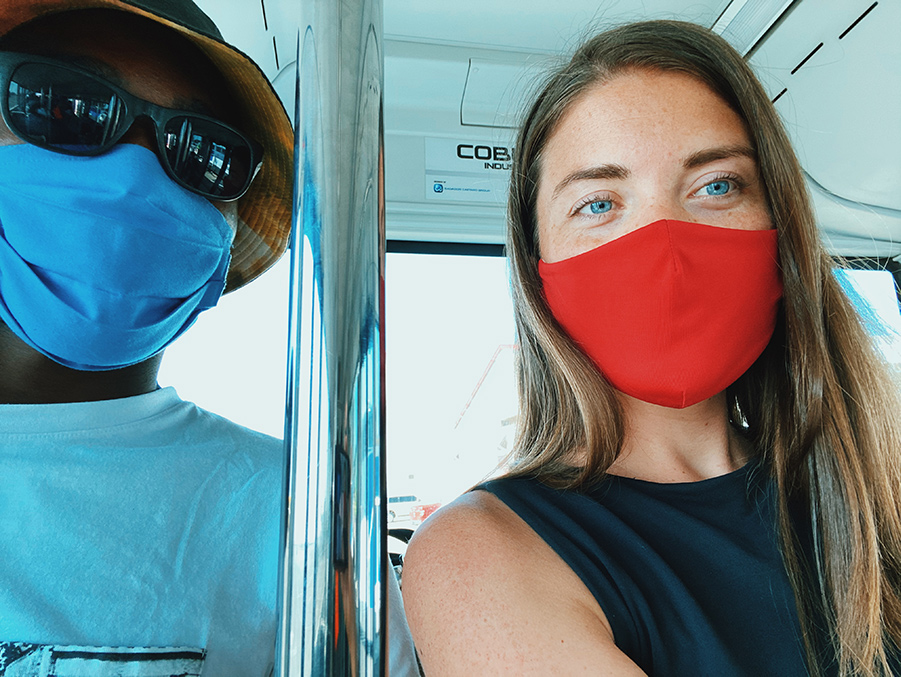
Why did we decide to go to Djibouti in the first place, you might think? The world is our oyster, as Shakespeare wrote once. Many years ago, I made a rule to always visit friends if they lived in locations I’d never been to. Having a local guide is arguably the best way to travel, giving you insider info without taking away your ability to explore a new place alone. A true win-win situation!
So when Ingrid moved to Djibouti last year, the question wasn’t if I would come to visit but when.
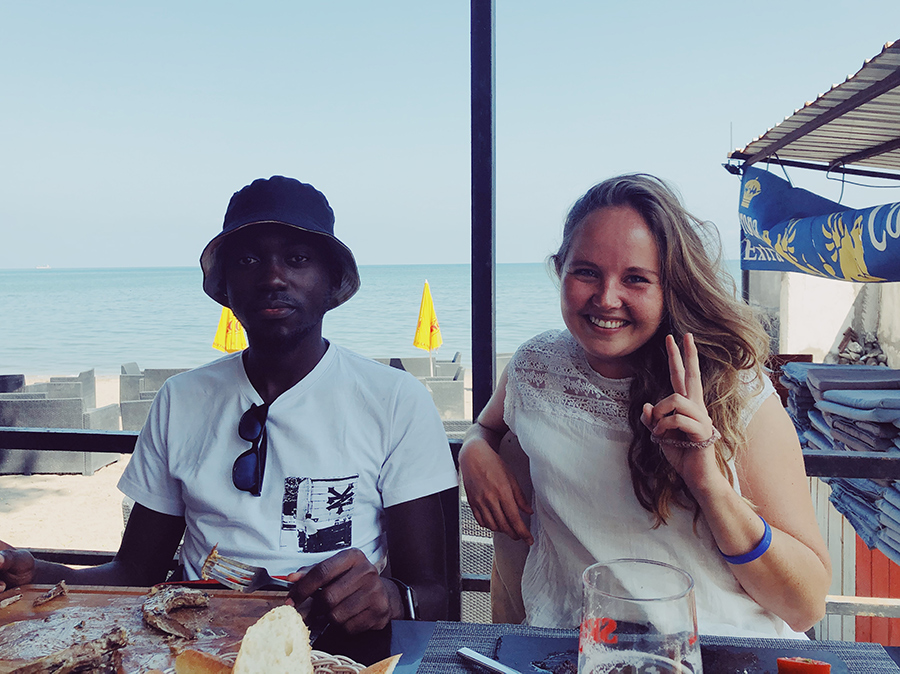
We arrived on a hot and sunny Monday around midday, so we were immediately swept off for a seafood lunch on the beach. Now, if you’re not a sea creature stuck in a landlocked country like yours truly, you might not understand the magnitude of appreciation I felt for this meal. Djibouti immediately made its way into my top 5 best places I’ve ever visited. Yes, I was under the influence (of seafood) and not thinking straight at that moment. I’ve since made some adjustments to the ranking.

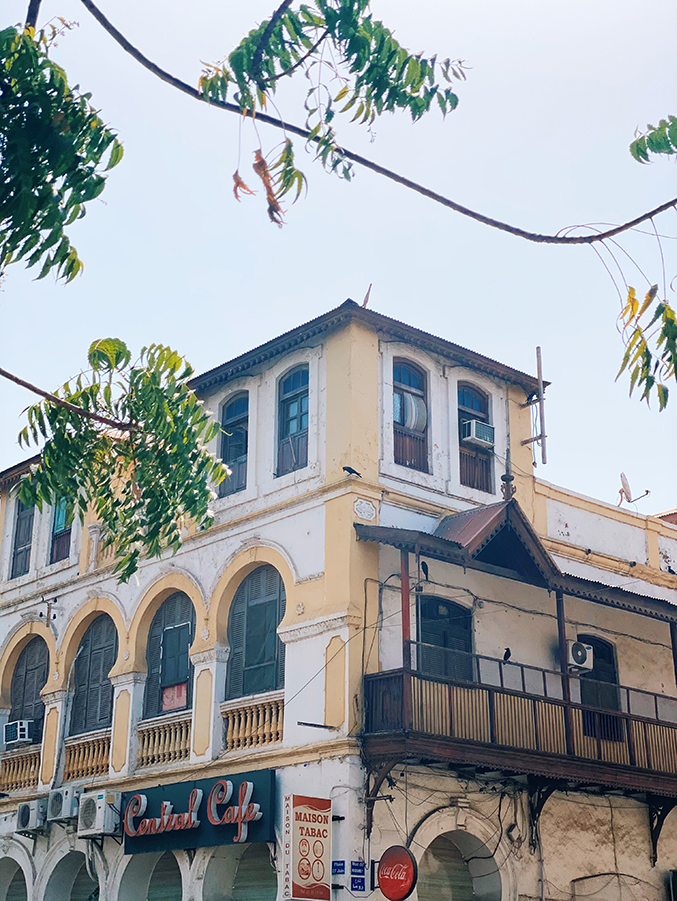
Djibouti is a tiny country with a population of fewer than 1 million people. A former French colony, known at the time as French Somaliland, it gained its independence in 1977. The country is, broadly speaking, a port hosting all the militaries of the world (and the UN), surrounded by a harsh, mountainous desert-like area.
It’s not as bad as it sounds. Yes, it’s dreadfully hot, and the shower water contains so much salt you can brush it off your skin once you dry, but it’s also a cosy little dessert oasis by the Red Sea with spectacular landscapes (see photo evidence below).
The official languages are French, Arabic, Somali and Afar, but many also speak English (because of the American military). The country’s ethnic population is 70% Somali and 30% Afar, but with a sizeable number of expatriates from all over.
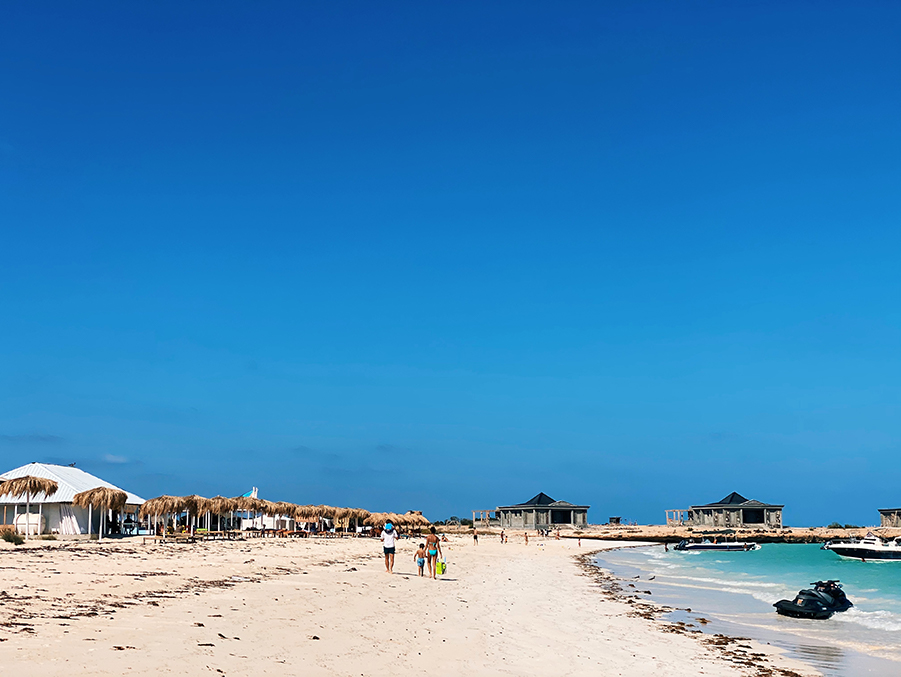
We spent our time (when we weren’t working) lounging on beaches, or poolside, or taking boat rides to the islands on the coast of Djibouti (the city).
On one of our last days, one of Ingrid’s friends suggested we go to the “salt lake”. No more information was provided, but we decided to go anyway. On arrival, we read the signpost and learnt that the lake was, in fact, Lac Assal, the 2nd saltiest lake on the planet and the lowest point on the African continent (-155 meters).
The lake is so salty you float effortlessly. However, getting out of the water and having the salt dry on your skin is a painful experience as it makes every tiny little hair on your body a potential razor. You learn something new every day!
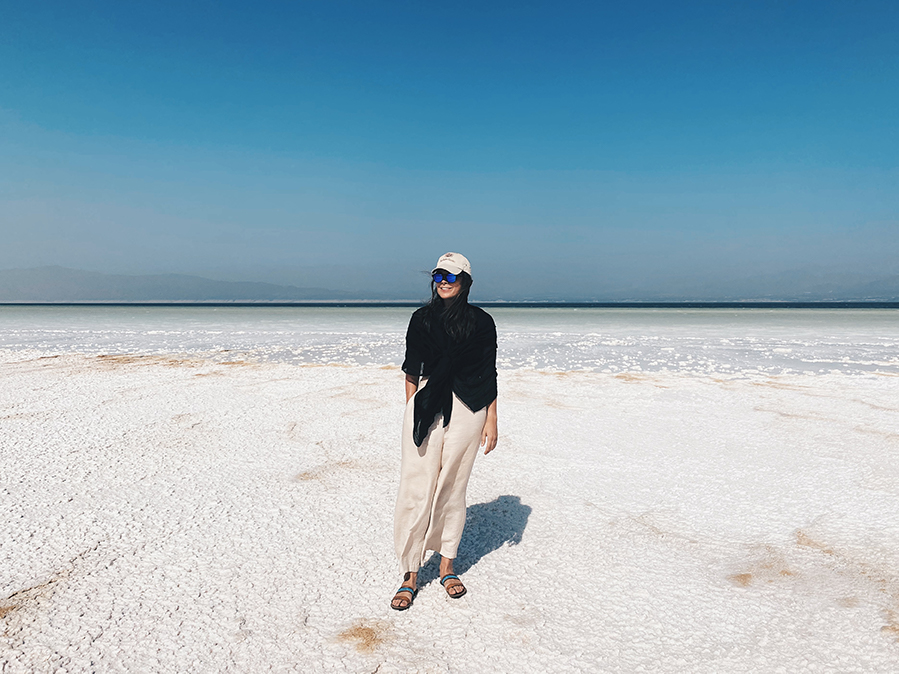
After a week of staying at Ingrid’s house on Kampala Street in Djibouti, we packed our bags, took our PCR tests to prove we hadn’t caught COVID (in the country in the world with the lowest COVID rates!) and headed back to Kampala. Tanned, relaxed and with our bags filled with salt. It was a pleasure, Djibouti!


